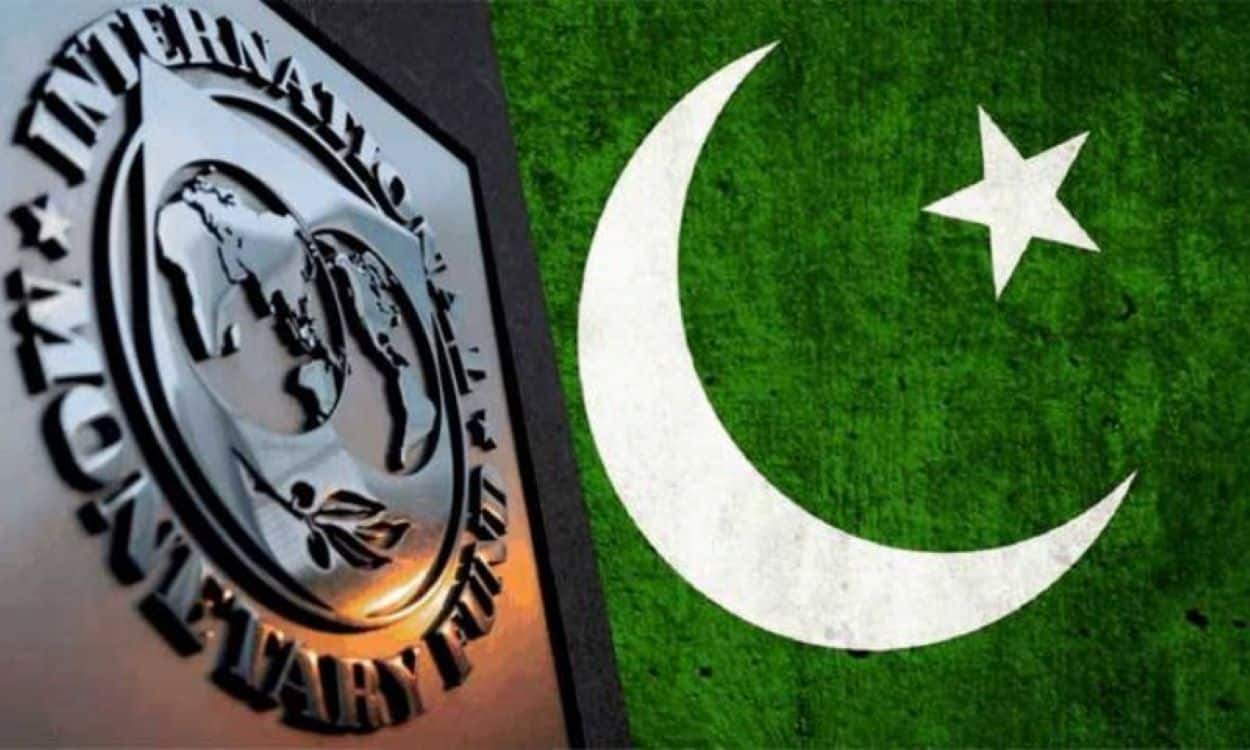The International Monetary Fund (IMF) reports that Pakistan faces a substantial external financing gap of $9.1 billion over the next three years, with concerns over its ability to repay debts persisting, urging Pakistan to intensify its efforts to stabilize its economic situation.
Pakistan has commenced negotiations for a bailout ranging from $6 to $8 billion through climate finance under the Extended Fund Facility (EFF). These discussions in Islamabad include a preliminary IMF technical team, with IMF Mission Chief Nathan Porter expected to join next week.
The report forecasts a $9.091 billion external financing gap from fiscal years 2024-25 to 2026-27. Without IMF support, this gap is anticipated to widen to $10.188 billion over four years, up to 2027-28. Should Pakistan secure a four-year agreement under the EFF, the estimated financing shortfall for 2027-28 would stand at $1.097 billion.
The IMF has raised serious concerns regarding Pakistan’s external debt repayment capabilities. The IMF report highlights that Pakistan’s repayment potential is fraught with significant risks, largely contingent on stringent policy implementation and timely receipt of external finances.
With all transactions under the standby arrangement completed, IMF exposure to Pakistan has reached SDR 6546 million (322% of quota), equating to roughly 102% of projected total reserves by April 2024. The IMF has warned that heightened risks could undermine policy enforcement and threaten long-term debt sustainability.
Esther Perez, an IMF representative, recently commented on the forthcoming program negotiations with Pakistan, emphasizing their goal to lay the groundwork for robust governance and sustainable economic growth, which is critical for the Pakistani populace. These discussions will also aim to foster conditions conducive to flexible economic development.
In encouraging news, the IMF’s latest country report for Pakistan indicates a projected gradual decrease in inflation, attributing this positive trend to the ongoing IMF program. However, Pakistan continues to confront substantial economic risks despite these economic improvements.






